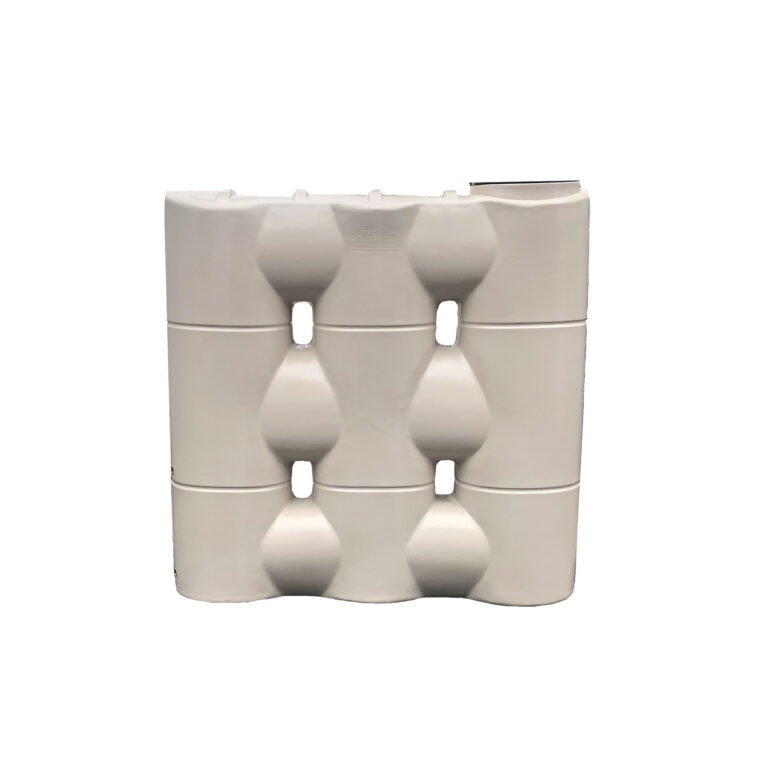Slimline Water Tanks: The Perfect Choice for Urban Water Storage
Wiki Article
Discovering the Different Uses Rainwater Storage Tanks for Residential and Commercial Qualities
As the global emphasis on lasting living practices proceeds to heighten, the application of rainwater storage tanks in both household and industrial setups has actually arised as a relevant option. These containers provide a tank for rainwater harvesting, providing a myriad of possible applications that expand far past plain storage space. From irrigation to toilet flushing and landscape design, the versatility of rainwater storage tanks is huge. In addition, their integration into industrial residential or commercial properties opens up a realm of possibilities for ecologically conscious services. The diverse usages of rain storage tanks present a compelling case for their adoption, not only as a practical water-saving step but also as a testimony to responsible resource management.Advantages of Making Use Of Rainwater Containers
Using rainwater containers provides numerous benefits for both homes and areas in regards to water conservation and sustainability. Among the crucial benefits of making use of rainwater containers is the considerable reduction in dependence on mains water - Slimline water tanks. By catching and storing rain for later use, people and communities can reduce their demand for cured water, ultimately relieving the worry on water treatment centers and decreasing energy usage connected with water transportation and treatment
In addition, rainwater collecting through containers provides a dependable different water source throughout times of water restrictions or shortages. This kept rain can be utilized for various non-potable functions such as irrigation, flushing bathrooms, and cleaning clothes, lowering the strain on conventional water resources. Additionally, using rain tanks can cause set you back financial savings for both homes and neighborhoods by decreasing water bills and decreasing the requirement for pricey infrastructure growths to satisfy expanding water needs.
Basically, the use of rainwater tanks uses a lasting and eco friendly approach to water administration, benefiting both private customers and the more comprehensive community in terms of water conservation, cost-efficiency, and durability.
Rainwater Storage Tank Use in Watering
Provided the advantages of rain containers in preserving water sources and lowering dependence on keys water, a significant application lies in utilizing stored rainwater for irrigation purposes - Slimline water tanks. Rain collecting systems can properly accumulate and save rain, giving a lasting water resource for sprinkling gardens, lawns, and agricultural areas. By utilizing rain for watering, homeowner can reduce their dependence on cured water resources, bring about set you back savings and ecological advantages
Among the primary benefits of making use of rainwater for irrigation is its pureness. Rainwater is normally soft and without the chemicals and ingredients often discovered in keys water, making it ideal for nourishing plants without the threat of damaging results. Additionally, rainwater goes to ambient temperature level, which can profit plant growth by preventing temperature level shocks that can accompany chilly keys water.
Rain Tanks for Toilet Flushing

Applying rain tanks for commode flushing is an economical and eco-friendly method that can be easily incorporated into both residential and commercial residential or commercial properties. The stored rain can be utilized to flush toilets by linking the storage tank to the existing plumbing system. This basic yet effective option can considerably lower water usage in a structure, particularly in locations where water shortage is an issue.

Integrating Rainwater Storage Tanks in Landscaping
An effective strategy for enhancing view website sustainability in landscape design entails incorporating rainwater tanks to optimize water use and advertise green techniques - Slimline water tanks. Integrating rainwater tanks in landscape design uses many benefits for both residential and business residential properties. These tanks can record and keep rainwater drainage from roofings, which can then be used for watering this contact form gardens, grass, and plants. By using rainwater for watering functions, home owners can lower their reliance on metropolitan water resources, causing cost financial savings and conservation of priceless water resources.In addition to supplying a lasting water source for landscape design needs, rain containers can also aid in managing stormwater overflow. By recording rain that would otherwise move into storm drains pipes, these containers can reduce disintegration, lower flooding risks, and stop air pollution of Discover More natural water bodies. Furthermore, including rainwater storage tanks in landscape design can add to the total aesthetic appeal of the residential property, showcasing a dedication to environmental stewardship.
Commercial Applications of Rainwater Tanks
Utilizing rain containers in industrial settings offers a lasting option for water administration and conservation, profiting services and the atmosphere alike. One key business use is for irrigation objectives, where gathered rainwater can be made use of to water landscape design, gardens, and farming fields surrounding business homes.Furthermore, rain collected in tanks can be treated and made use of for non-potable purposes within business buildings, such as flushing toilets, cleaning, and cooling systems. Generally, the unification of rainwater tanks in industrial settings provides a sensible and environmentally accountable technique to water monitoring.
Verdict
In conclusion, rainwater storage tanks use many advantages for both household and commercial buildings. From irrigation to commode flushing and landscape design, using rain tanks can help conserve water resources and reduce water bills. Additionally, incorporating rainwater tanks in commercial setups can bring about significant price financial savings and ecological advantages. On the whole, the versatility and sustainability of rain containers make them a beneficial financial investment for any type of homeowner looking to increase water performance.Report this wiki page